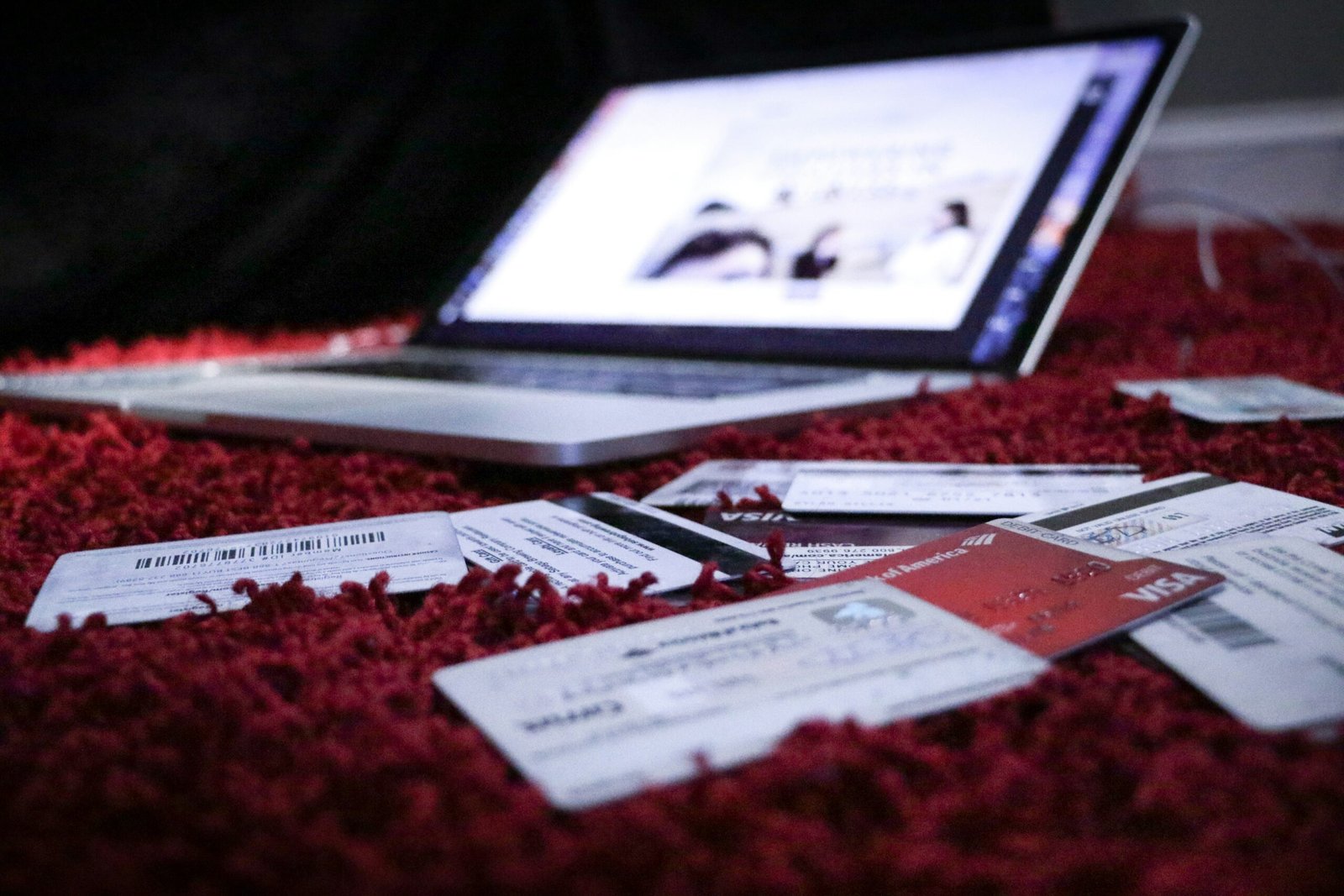
Understanding Credit Freeze and Its Importance A credit freeze, also known as a security freeze, is a tool that allows individuals to restrict access to their credit report, making it more difficult for identity thieves to open new accounts in their name. When a credit freeze is in place, potential creditors and other third parties cannot access an individual’s credit report unless the freeze is lifted. This can be an effective way to prevent unauthorized access to one’s credit information and reduce the risk of identity theft.
How Does a Credit Freeze Work When a credit freeze is initiated, the credit reporting agencies are notified to restrict access to the individual’s credit report. This means that if a fraudster tries to apply for credit using the individual’s information, the creditor will not be able to pull the credit report, making it unlikely for the fraudulent application to be approved. It’s important to note that existing creditors and certain government agencies may still have access to the credit report for specific purposes even when a freeze is in place.
To initiate a credit freeze, individuals need to contact each of the three major credit bureaus – Equifax, Experian, and TransUnion. They will be required to provide personal information to verify their identity and pay a fee, which may vary by state. Once the freeze is in place, the individual will receive a PIN or password that can be used to lift the freeze temporarily when necessary, such as when applying for new credit or allowing a potential employer to access their credit report.
The Benefits of a Credit FreezeThere are several benefits to implementing a credit freeze, especially for individuals who are concerned about the security of their personal information. Some of the key advantages includeBy restricting access to their credit report, individuals can reduce the risk of unauthorized accounts being opened in their name, providing valuable protection against identity theft.
Knowing that their credit information is safeguarded can offer individuals peace of mind, allowing them to feel more secure about their financial well-being. With a credit freeze in place, individuals have more control over who can access their credit report, adding an extra layer of security to their personal information. Implementing a credit freeze is a proactive step to prevent potential identity theft before it occurs, rather than reacting to it after the fact.
It’s important to note that a credit freeze does not impact an individual’s credit score or their ability to use existing credit accounts. It simply restricts access to their credit report, providing a valuable safeguard against unauthorized inquiries and new account openings.
While there are clear benefits to using a credit freeze, it’s essential for individuals to weigh the pros and cons based on their specific circumstances. For those who are at a higher risk of identity theft or have experienced security breaches involving their personal information, a credit freeze can be a powerful tool for protection.
Considerations Before Implementing a Credit FreezeBefore deciding to implement a credit freeze, individuals should consider the following factors to ensure it aligns with their needs and financial goals:While a credit freeze provides security, it can also create additional steps when applying for new credit. Individuals need to plan ahead and be prepared to lift the freeze temporarily when seeking new credit or services that require a credit check.
A credit freeze primarily addresses new account openings, so individuals should continue to monitor their existing accounts for any signs of unauthorized activity or fraud.Depending on the state and individual circumstances, there may be fees associated with placing, lifting, or removing a credit freeze. It’s important to understand these costs before proceeding.In addition to a credit freeze, individuals may consider other security measures such as credit monitoring services, fraud alerts, and identity theft protection programs to enhance their overall security posture.
By carefully evaluating these considerations, individuals can make an informed decision about whether a credit freeze is the right choice for them. It’s also advisable to stay updated on the latest regulations and best practices related to credit freezes, as the landscape of consumer protection and financial security continues to evolve. In conclusion, a credit freeze can be a valuable tool for protecting one’s credit information and reducing the risk of identity theft. By understanding how it works, weighing its benefits, and considering important factors, individuals can make empowered decisions to enhance their financial security.



